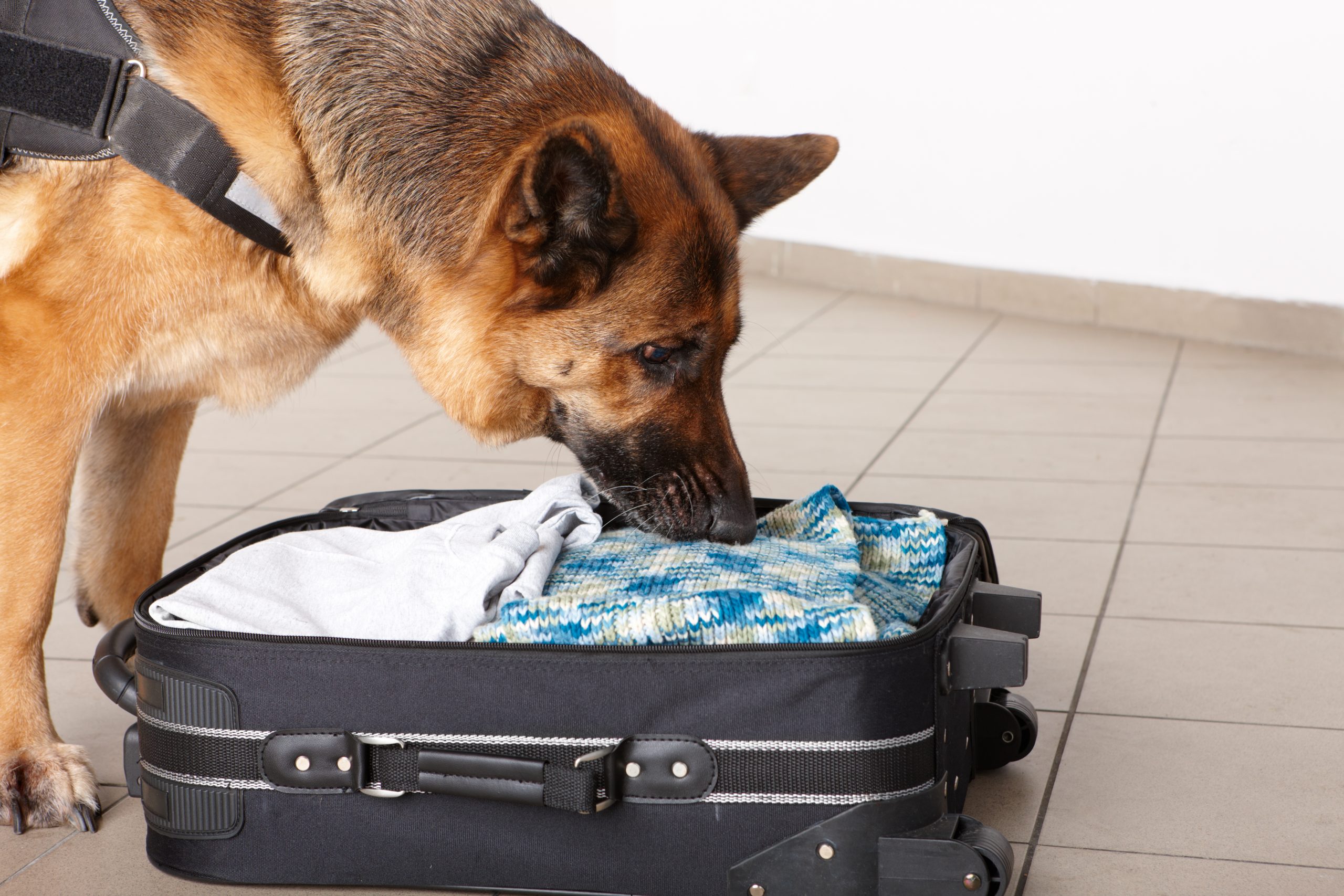Returned Pup Turns K-9 Honeybee Hive Sniffer
May 15, 2016
It’s hard to imagine what becomes of dogs who are more or less kicked to curb by their owners—not as in it’s difficult to picture, but instead it’s painful to think about pooches who may or may not find a good home to spend the rest of their days in. We’ve all got sad puppy faces engraved in our minds with Sarah McLachlan music, and all we can hope for beyond adopting dogs ourselves is hoping enough others do the same. Hopefully, dog lovers can rest a little knowing at least one dog will always have a home in Maryland. Specifically, the Maryland Department of Agriculture will always have a place for a special pup who can sniff out deadly diseases in other hurting creatures—honeybees. And this special pup is named Mack.
Some K-9s are trained to sniff out drugs and explosives, but Mack is trained to sniff out a deadly honeybee disease called American Foulbrood, which is bacteria-originated and thrives on very young (under three days old) honeybee larvae. The rod-shaped bacterium creates millions of spores within infected larvae and feeds off them. When the larvae die, there can be upwards of 100 million spores inside one, which worker bees spread throughout the hive and into the food supply while trying to rid the hive of the infection, potentially destroying the colony’s population within a few days. “The disease is pretty stinky stuff,” said Lindsay Barranco, an Apiary Inspector alongside Mack’s owner Cybil Preston. “Think of an old poultry barn…Think of a sour, putrid smell. It’s pretty bad.”
Mack, the two-year-old beehive sniffing Labrador, was just a poor returned puppy when Chief Inspector Preston chose him to replace her department’s retired American Foulbrood sniffer, Klinker. “He far exceeded any expectation I could have had to train a dog to find this disease,” Preston said of Mack—far from the dog who was “too rambunctious” for his original owners. For his work schedule, Mack only works on cool days when the bees are quiet, calmer, and less likely to sting him as he trots from hive to hive with his snout edged along the colonies and Preston at his side. “If we were in a bee yard and there were 100 [colonies], it would take the inspectors all day,” Preston said. “[Mack] could go through in about half an hour and be done.” If Mack detects an infected hive, he stops in his tracks to alert his fellow bee inspectors of that putrid smell in his nostrils.
Mack’s job does wonders for the honeybee and honey industry in Maryland, keeping bees and food safe as his job has been doing since 1982—and, as Preston puts it, all he asks for in return is love and a belly rub. After going through the hardship of his owners returning him (like a sweater or a pair of shoes), Mack gets to spend his days happy and healthy with someone who guarantees he will never sit chained to pole with a criminally negligent circumference.
The hope is that even more pups become so lucky to find good homes as Mack has.


.jpg)




